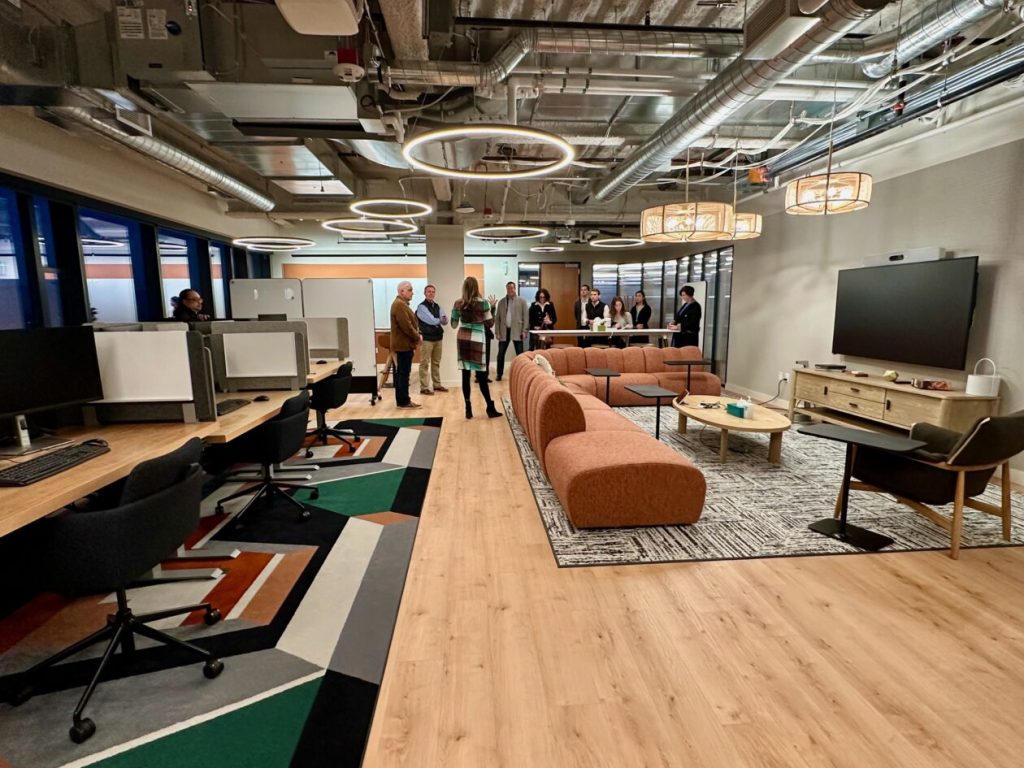A new workplace layout called the “Team Suite” is being tested at Amazon’s new “Sonic” tower in Bellevue. The Seattle area is experiencing a rise in regional vacancy rates, with a current rate of 15.1%, marking the ninth consecutive quarterly increase. Additionally, there has been negative net office absorption for the ninth straight quarter. Tepid office demand, high availability rates, and negative net absorption are causing concern for the future, as vacancy rates in the region have more than doubled from 6% before the pandemic.
Hybrid work policies are leading to a reduction in real estate footprints as companies adjust to remote-friendly options. The tech downturn that began in 2022 has also contributed to reduced office space needs, as companies have trimmed expenses and laid off workers. This is a stark contrast to the previous decade when tech companies were rapidly expanding and occupying a significant amount of real estate in Seattle. As a result, vacancy rates in Seattle have increased from 16.6% in the fourth quarter of last year to 18.35% currently.
Downtown Seattle is struggling to recover, with a significant decrease in the number of workers compared to pre-pandemic levels. Many tech companies headquartered in the area have embraced remote work, impacting the need for office space. This trend, coupled with a budget shortfall in the city, could have implications for tax revenue. Seattle Mayor Bruce Harrell has proposed legislation to help developers convert office space into residential use to address the changing landscape of the office market.
Despite the challenges in the office market, there are still 13 major office projects under construction in the Seattle region, with two tech offices completed in the first quarter. However, a report revealed that Google has paused plans to build the fourth building at Kirkland Urban and has not built out space at the South building. Developers have put the brakes on new construction indefinitely, indicating a cautious approach to future office development in the region.
Amazon recently announced a restart of construction on a 42-story office tower in Bellevue as the company continues to expand in the area. The decision to pause construction was made to assess the impact of hybrid work on the company’s office space needs. The evolving landscape of the office market in Seattle and Bellevue, driven by factors such as remote work, budget shortfalls, and reduced office demand, is shaping the future of real estate development in the region. Tech companies and developers are adapting to these changes by reevaluating their office space needs and construction plans.


